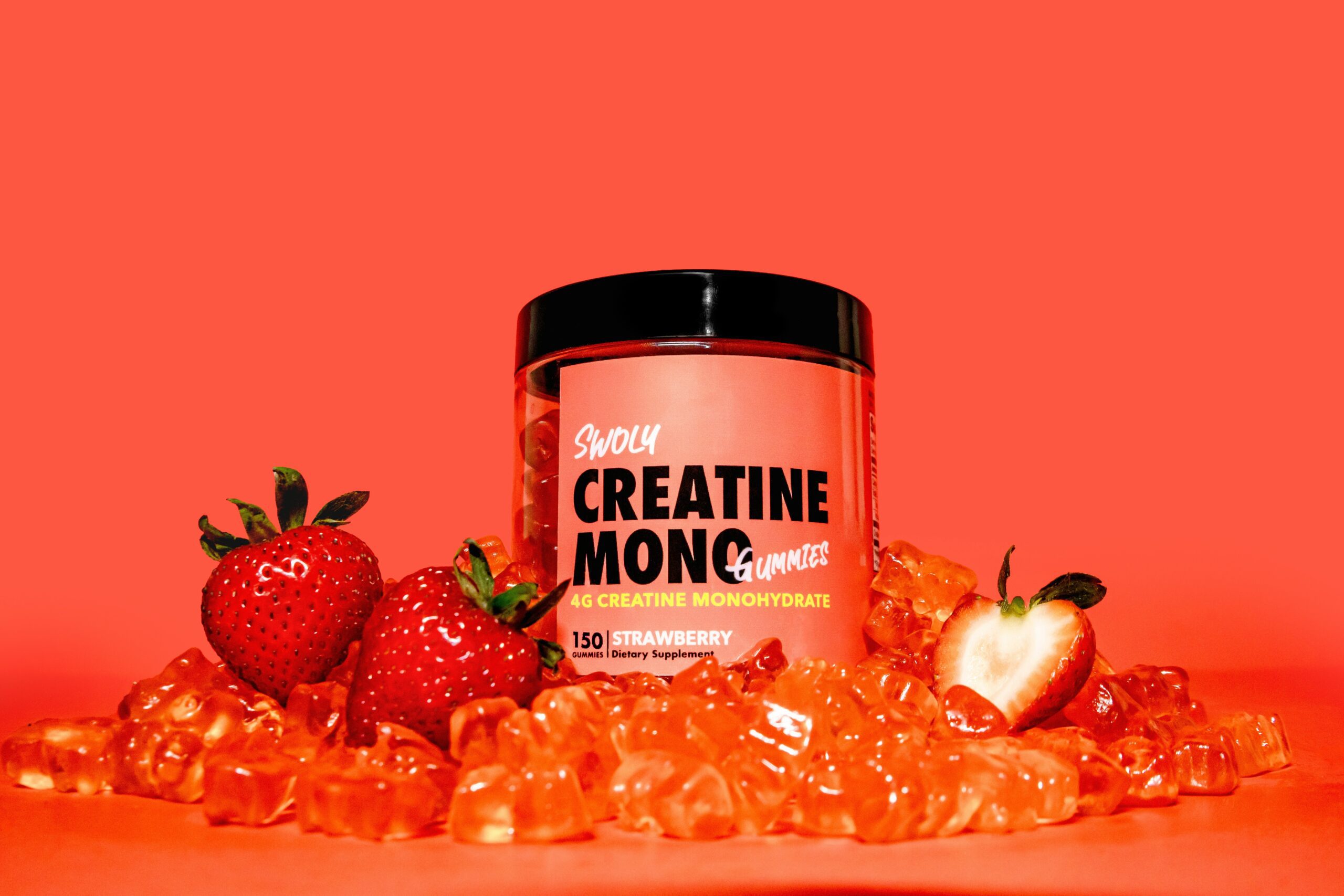

Introduction to Nutritional Supplements
Nutritional supplements have become a staple in many people’s health routines. But with their rising popularity come countless myths and misconceptions that can cloud our understanding of these products. Are they truly beneficial, or are we simply throwing money down the drain? With so much conflicting information out there, it’s crucial to cut through the noise and get to the facts.
Whether you’re looking for an energy boost, seeking to fill nutritional gaps, or trying to enhance your overall wellness, it’s essential to know what you’re putting into your body. Let’s dive deep into some of the most common myths surrounding nutritional supplements and separate fact from fiction. Your health journey deserves clarity!
Common Myths and Misconceptions about Supplements
Many people hold strong beliefs about nutritional supplements, often influenced by hearsay rather than facts. One prevalent myth is that all supplements are created equal in terms of safety and effectiveness. This couldn’t be further from the truth.
Quality varies widely among brands and products. Some may contain harmful additives or inaccurate dosages. It’s crucial to research thoroughly before choosing a supplement.
Another common misconception is that you don’t need any supplements if your diet seems balanced. While whole foods provide essential nutrients, many individuals struggle to meet their nutritional needs due to various factors like lifestyle or health conditions.
People also often believe natural supplements are inherently safer than synthetic ones. However, “natural” doesn’t guarantee efficacy or safety; some plants can cause adverse reactions just as easily as synthesized compounds can.
Addressing these myths helps create a clearer understanding of what nutritional supplements truly offer and empower consumers to make informed decisions.
Supplements are a waste of money
Many people believe that taking nutritional supplements is just throwing money down the drain. This perspective often stems from a lack of understanding about what supplements can actually do for your body.
Supplements aren’t magic pills, but they serve important roles. They can fill gaps in nutrition, especially when dietary sources fall short. Not everyone gets all their vitamins and minerals purely from food.
Moreover, some studies reveal that specific supplements may improve health outcomes or enhance performance in athletes. The key lies in choosing quality products tailored to individual needs.
While it’s true that not every supplement delivers on its promises, dismissing them entirely overlooks their potential benefits. Smart consumers should research ingredients and consult health professionals before deciding what’s worthwhile for them.
All supplements are safe and effective
Many people assume that all supplements are safe because they’re sold over the counter. This belief can be misleading and potentially harmful.
The truth is, not every supplement undergoes rigorous testing before hitting the market. Quality varies significantly among brands, making it crucial to do your research. Just because a product claims to be natural doesn’t guarantee safety or effectiveness.
Additionally, some supplements may interact with prescription medications or other health conditions. For example, certain herbal remedies can amplify or diminish the effects of pharmaceuticals.
It’s essential to consult healthcare professionals when considering new supplements. They can help assess your individual needs and determine what might work best for you.
Educating yourself about ingredients and sourcing reputable products will go a long way in ensuring both safety and efficacy in supplementation choices.
You don’t need supplements if you have a balanced diet
A balanced diet is foundational for good health. It provides essential nutrients, vitamins, and minerals that our bodies need to function effectively. However, achieving a truly balanced diet can be challenging.
Factors like busy lifestyles, dietary restrictions, and food availability often make it difficult to meet all nutritional needs through food alone. Even the most conscientious eaters may fall short in certain areas.
Supplements can play a supportive role in filling these gaps. They offer concentrated doses of specific nutrients that might be lacking due to dietary choices or environmental factors.
It’s also important to recognize individual needs. What works for one person may not suffice for another based on age, activity level, or health conditions. In such cases, supplements can provide tailored support when necessary.
Natural supplements are always better
Natural supplements often carry the perception of being superior. Many believe that if something is derived from nature, it must be safe and effective. However, this isn’t always true.
Take herbal remedies, for instance. While they can offer benefits, not all are rigorously tested like pharmaceuticals. Some may interact negatively with medications or have side effects that aren’t well-documented.
Moreover, natural doesn’t automatically mean pure or potent. Quality control can vary dramatically among products labeled as “natural.” Contaminants and inconsistent dosages are common issues in the supplement industry.
It’s essential to approach both natural and synthetic supplements with caution. Researching ingredients and consulting healthcare professionals ensures you make informed choices tailored to your needs. The belief that one type is universally better than the other overlooks individual requirements and scientific evidence behind each product’s efficacy.
Conclusion
Nutritional supplements can be a valuable addition to your health regimen, but it’s essential to separate fact from fiction. The myths surrounding these products often stem from misunderstandings or oversimplifications of their role in our diets.
While some supplements may indeed seem unnecessary for those with balanced diets, there are various individual factors such as specific health conditions or lifestyle choices that might warrant their use. Additionally, not all supplements are created equal; quality and efficacy vary widely among products on the market.
It’s crucial to do thorough research and consult healthcare professionals before incorporating any supplement into your routine. By staying informed and discerning, you can make better decisions about what works best for your body and overall wellness journey. Embrace knowledge over assumptions when navigating the world of nutritional supplements.
